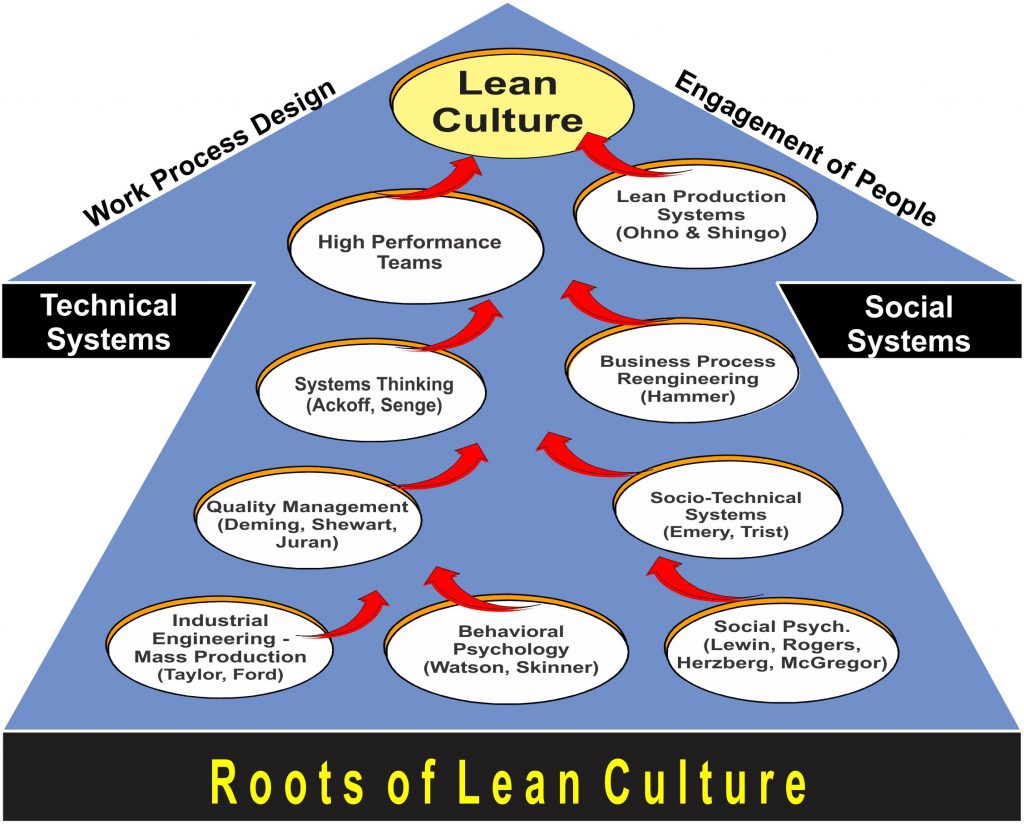
Manufacturing Phoenix is an Arizona business that supplies a wide range of products for the federal government. It also offers similar products for individual and commercial clients. The dedicated facility allows production to be done under one roof with all resources within walking distance. The company also provides employment opportunities for disabled people for over 40 year. It employs about 70 people in its manufacturing unit.
Honeywell Aerospace
Honeywell Aerospace, an aerospace firm that creates new transportation solutions, is located in the Phoenix area. Honeywell Aerospace's products and services enhance flight safety, fuel efficiency, and runway traffic. These products are used by almost all commercial airlines. Honeywell Aerospace also developed technology that was crucial in the creation of 2001: A Space Odyssey. Honeywell Aerospace also makes systems for International Space Station.

Honeywell has opened a Phoenix facility for reactive metal alloys additive manufacturing in 2016. This facility converted an obsolete flame spraying facility to support the production of parts of titanium and other alloys. Honeywell will begin production of Inconel718 parts at this facility in 2017. The facility was built by Honeywell, which has invested more than $25,000,000.
Raytheon Technologies Corp.
Raytheon Technologies Corp. (multinational aerospace and defense conglomerate) is headquartered at Arlington, Virginia. The company is one the most important manufacturers of military equipment. It manufactures aircraft, missiles and rockets. In addition to being a leading aerospace and defense manufacturer, Raytheon also develops advanced technologies for commercial use.
Raytheon has a long tradition in aerospace and defense. For example, the company's aerial navigation system division accounts for 27.4%. It also makes mechanical and electric systems for airplanes.
Benchmark Electronics
Benchmark Electronics, a contract electronics manufacturer company, is located in Tempe Arizona. The Phoenix-based company is one of the largest ODMs in the world, with over 13,000 employees worldwide. The company operates offices in Tempe Marketplace, Scottsdale, as well as Tempe Marketplace. Gayla Delly was recently promoted to CEO.

The Phoenix manufacturing facility offers vertically integrated engineering and manufacturing services. Its capabilities include microwave and RF components, embedded electronics design, and high-frequency circuits. The company also offers aftermarket solutions. It serves many customers in the aerospace, defense, and industrial markets.
FAQ
What skills is required for a production planner?
To become a successful production planner, you need to be organized, flexible, and able to multitask. Communication skills are essential to ensure that you can communicate effectively with clients, colleagues, and customers.
Is it necessary to be familiar with Manufacturing Processes before we learn about Logistics.
No. No. However, knowing about manufacturing processes will definitely give you a better understanding of how logistics works.
What is the importance of automation in manufacturing?
Automation is essential for both manufacturers and service providers. It allows them to offer services faster and more efficiently. They can also reduce their costs by reducing human error and improving productivity.
Why is logistics important for manufacturing?
Logistics is an integral part of every business. Logistics can help you achieve amazing results by helping to manage product flow from raw materials to finished products.
Logistics play an important role in reducing costs as well as increasing efficiency.
What does it mean to warehouse?
A warehouse, or storage facility, is where goods are stored prior to being sold. It can be either an indoor or outdoor space. It could be one or both.
Statistics
- Many factories witnessed a 30% increase in output due to the shift to electric motors. (en.wikipedia.org)
- In the United States, for example, manufacturing makes up 15% of the economic output. (twi-global.com)
- It's estimated that 10.8% of the U.S. GDP in 2020 was contributed to manufacturing. (investopedia.com)
- According to a Statista study, U.S. businesses spent $1.63 trillion on logistics in 2019, moving goods from origin to end user through various supply chain network segments. (netsuite.com)
- You can multiply the result by 100 to get the total percent of monthly overhead. (investopedia.com)
External Links
How To
How to Use the Just In Time Method in Production
Just-in-time is a way to cut costs and increase efficiency in business processes. It is a process where you get the right amount of resources at the right moment when they are needed. This means that you only pay the amount you actually use. Frederick Taylor first coined this term while working in the early 1900s as a foreman. Taylor observed that overtime was paid to workers if they were late in working. He concluded that if workers were given enough time before they start work, productivity would increase.
JIT is a way to plan ahead and make sure you don't waste any money. The entire project should be looked at from start to finish. You need to ensure you have enough resources to tackle any issues that might arise. If you anticipate that there might be problems, you'll have enough people and equipment to fix them. This will ensure that you don't spend more money on things that aren't necessary.
There are many JIT methods.
-
Demand-driven JIT: You order the parts and materials you need for your project every other day. This will enable you to keep track of how much material is left after you use it. You'll also be able to estimate how long it will take to produce more.
-
Inventory-based : You can stock the materials you need in advance. This allows you to predict how much you can expect to sell.
-
Project-driven: This method allows you to set aside enough funds for your project. You will be able to purchase the right amount of materials if you know what you need.
-
Resource-based JIT: This type of JIT is most commonly used. You assign certain resources based off demand. You might assign more people to help with orders if there are many. If you don't have many orders, you'll assign fewer people to handle the workload.
-
Cost-based: This approach is very similar to resource-based. However, you don't just care about the number of people you have; you also need to consider how much each person will cost.
-
Price-based: This is a variant of cost-based. However, instead of focusing on the individual workers' costs, this looks at the total price of the company.
-
Material-based: This approach is similar to cost-based. However, instead of looking at the total cost for the company, you look at how much you spend on average on raw materials.
-
Time-based JIT is another form of resource-based JIT. Instead of focusing on the cost of each employee, you will focus on the time it takes to complete a project.
-
Quality-based JIT - This is another form of resource-based JIT. Instead of thinking about the cost of each employee or the time it takes to produce something, you focus on how good your product quality.
-
Value-based JIT : This is the newest type of JIT. You don't worry about whether the products work or if they meet customer expectations. Instead, your goal is to add value to the market.
-
Stock-based: This inventory-based approach focuses on how many items are being produced at any one time. This is used to increase production and minimize inventory.
-
Just-in-time planning (JIT): This is a combination JIT and supply-chain management. It is the process of scheduling components' delivery as soon as they have been ordered. It's important as it reduces leadtimes and increases throughput.